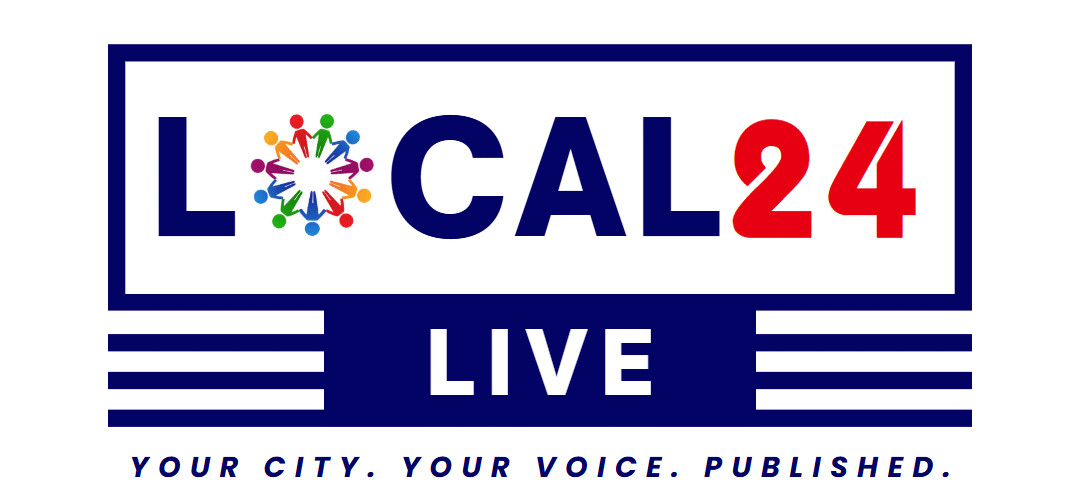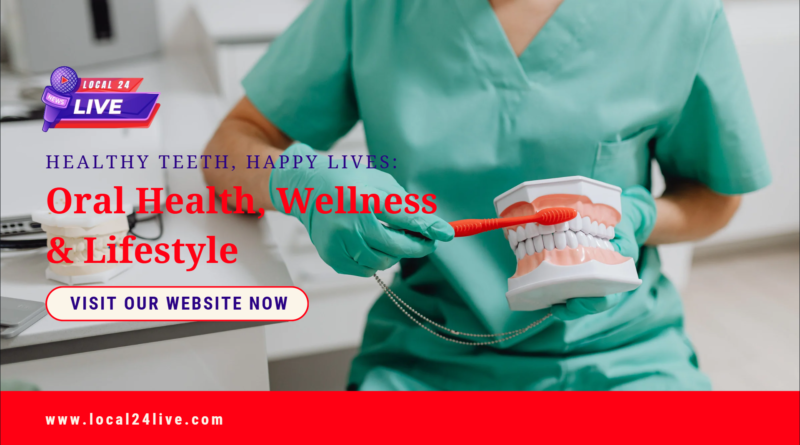Poor Oral Hygiene: Causes, Consequences, and Solutions
Oral hygiene is more than just maintaining a bright smile; it plays a critical role in overall health. Poor oral hygiene can lead to various dental and systemic health issues, affecting your confidence and well-being. This comprehensive guide explores the causes, consequences, and effective solutions for poor oral hygiene.
What Is Poor Oral Hygiene?
Poor oral hygiene refers to inadequate practices in cleaning and maintaining the health of the teeth, gums, and mouth. Neglecting oral care allows bacteria and plaque to accumulate, which can lead to serious dental and health problems.
Causes of Poor Oral Hygiene
1. Infrequent Brushing and Flossing
- Neglected Routine: Failing to brush twice a day and floss daily allows plaque buildup, leading to tooth decay and gum disease.
2. Improper Brushing Technique
- Rushed Brushing: Not brushing for the recommended two minutes or using incorrect techniques leaves areas of the mouth uncleaned.
3. Skipping Dental Check-Ups
- Missed Appointments: Avoiding regular dental visits prevents early detection of dental issues like cavities or gum problems.
4. Poor Diet
- Sugary and Acidic Foods: Frequent consumption of sugary snacks and drinks promotes bacterial growth and enamel erosion.
5. Tobacco Use
- Smoking and Chewing Tobacco: These habits stain teeth, reduce saliva production, and increase the risk of gum disease.
6. Lack of Awareness
- Educational Gaps: Many people are unaware of the proper techniques and tools needed for effective oral hygiene.
7. Using Worn-Out Tools
- Old Toothbrushes: Using toothbrushes past their lifespan reduces cleaning efficiency.
Consequences of Poor Oral Hygiene
1. Tooth Decay
- Plaque buildup produces acids that erode tooth enamel, causing cavities and pain.
2. Gum Disease
- Gingivitis and Periodontitis: Neglected oral care can lead to gum inflammation, bleeding, and severe infections.
3. Bad Breath (Halitosis)
- Accumulated food particles and bacteria in the mouth result in foul-smelling breath.
4. Tooth Loss
- Advanced gum disease can weaken the structures supporting teeth, leading to tooth loss.
5. Stained Teeth
- Poor oral hygiene causes yellowing and discoloration of teeth over time.
6. Systemic Health Problems
- Heart Disease: Gum infections can spread bacteria into the bloodstream, increasing the risk of cardiovascular issues.
- Diabetes: Poor oral health can worsen diabetes and vice versa.
- Pregnancy Complications: Untreated gum disease during pregnancy may lead to premature births or low birth weight.
How to Improve Oral Hygiene
1. Brush Properly
- Twice Daily: Brush your teeth for at least two minutes, covering all surfaces.
- Soft-Bristled Brush: Use a toothbrush with soft bristles to avoid damaging gums.
2. Floss Daily
- Flossing removes plaque and food particles between teeth that brushing misses.
3. Use Mouthwash
- Antibacterial mouthwash helps reduce plaque and freshen breath.
4. Maintain a Healthy Diet
- Limit Sugar: Avoid sugary and acidic foods that contribute to tooth decay.
- Eat Calcium-Rich Foods: Dairy products, leafy greens, and nuts strengthen teeth.
5. Stay Hydrated
- Drink plenty of water to wash away food particles and bacteria.
6. Quit Tobacco
- Avoid smoking and chewing tobacco to reduce the risk of gum disease and staining.
7. Regular Dental Visits
- Visit your dentist every six months for professional cleanings and oral health checkups.
8. Replace Your Toothbrush
- Replace your toothbrush or toothbrush head every 2-3 months or sooner if bristles are frayed.
Frequently Asked Questions (FAQs) About Poor Oral Hygiene
1. What Are the Early Signs of Poor Oral Hygiene?
- Bleeding gums, persistent bad breath, and a sticky feeling on teeth are early indicators of poor oral hygiene.
2. Can Poor Oral Hygiene Affect Overall Health?
- Yes. Gum infections can lead to systemic issues such as heart disease, diabetes, and respiratory problems.
3. How Long Should I Brush My Teeth?
- The American Dental Association recommends brushing for at least two minutes, twice a day.
4. Is Flossing Really Necessary?
- Yes. Flossing removes plaque and debris from areas that brushing cannot reach, reducing the risk of cavities and gum disease.
5. Can Children Develop Poor Oral Hygiene?
- Yes. Lack of parental guidance, sugary diets, and poor brushing habits can result in dental problems in children.
6. How Does Diet Impact Oral Hygiene?
- Sugary and acidic foods promote bacterial growth and enamel erosion. A balanced diet supports stronger teeth and gums.
7. What Happens If I Don’t Visit the Dentist?
- Skipping dental check-ups allows issues like cavities and gum disease to progress unnoticed, leading to more severe problems.
8. Can Poor Oral Hygiene Be Reversed?
- With proper care and professional treatment, early-stage issues like plaque buildup and mild gum disease can be reversed.
9. Are Electric Toothbrushes Better?
- Electric toothbrushes are more effective at removing plaque and ensuring thorough cleaning, especially for individuals with limited manual dexterity.
10. How Do I Teach Children Good Oral Hygiene?
- Start early with supervised brushing, fun tools like colorful toothbrushes, and instilling the habit of regular dental check-ups.
Final Thoughts
Good oral hygiene is the foundation of a healthy smile and overall well-being. By adopting proper brushing and flossing techniques, maintaining a healthy diet, and visiting the dentist regularly, you can prevent the adverse effects of poor oral hygiene. Don’t wait for problems to arise—invest in your oral health today.



